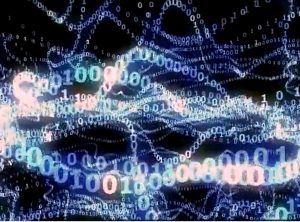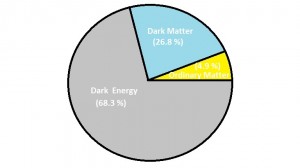Truth will set you free: Time Does Not Exist by Hans Meijer

Why time does not exist
When we ask ourselves why we think time exists, most of us would say: because we see everything changing, always. And so it is: everything in and around us is constantly changing, from beginning until the end.
The question however is: is the reason for this perpetual change to be found outside the changing subject (caused by a phenomena called time) or is all change coming from inside the changing subject itself?
I don’t think that it is hard to see that the latter is correct. That which makes things change (the cycle of life) to a flower, a human being or an animal is set by the characteristics of that particular life’s form and not by an outer cause such as time. What we call ‘time’ is just a method for measuring the ‘perpetual change’.
Because of our need to measure this perpetual change we decided to divide the ‘cyclic changes’ such as seasons and day and night, into months, twenty-four hours, minutes etc. These well-known changes are caused by the ever-moving planetary positions within our solar system and not because there exists such a thing as ‘time’.
So, there are no minutes, but we decided that after counting 60 (seconds) we say that a minute has passed. Based on minutes we calculate hours, days, months, years, centuries etc.
In this way we can count the number of heartbeats per minute, years from birth to death and we even can calculate the number of years from the Big Bang until today.
But we also say: ‘it seems as if time has stood still (in that old village), nothing has changed`.
Actually there is only NOW – in which all that is manifested appeared, changes and disappears. Continue reading →




